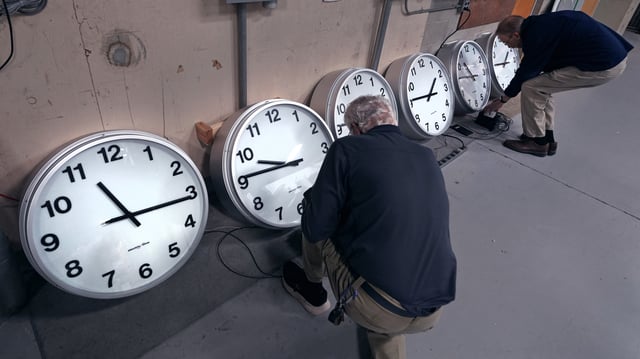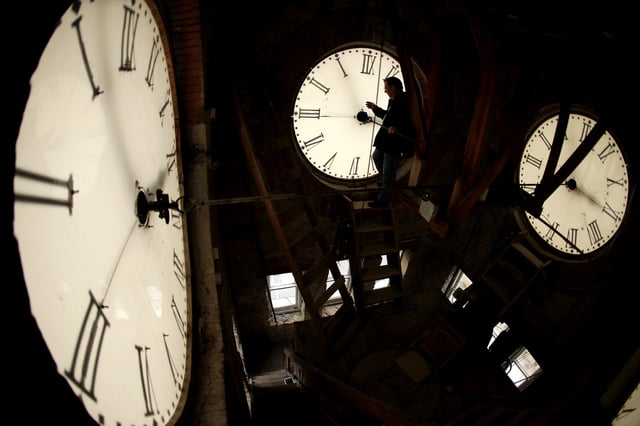Overview
- Daylight Saving Time (DST) starts on Sunday, March 9, 2025, at 2 a.m., with clocks moving forward by one hour across most of the U.S.
- The time change results in longer daylight hours in the evening but causes a loss of one hour of sleep that can disrupt circadian rhythms.
- DST was originally introduced during World War I for energy conservation and standardized in the U.S. under the Uniform Time Act of 1966.
- Critics argue that DST may not significantly save energy and cite health risks such as increased heart attacks, strokes, and accidents during the adjustment period.
- Surveys show a majority of Americans support ending seasonal time changes, but legislative efforts to make DST permanent have stalled in Congress.



